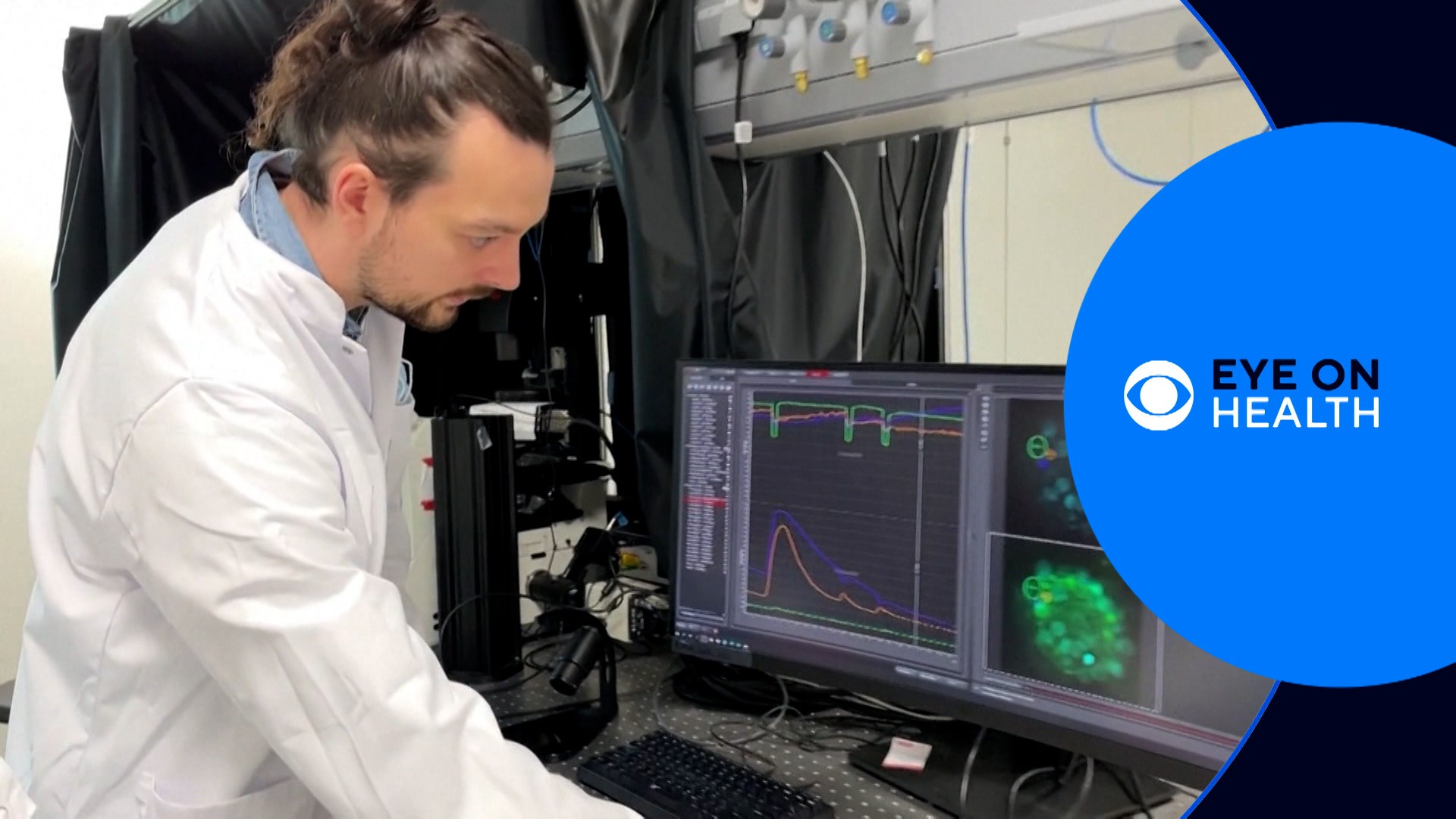Anyone following college and professional sports has witnessed the lengths that colleges and professional organizations are talking to keep their respective players and fans safe from the ravages of COVID-19, while attending sporting events, albeit with limited seating capacity.
Sporting events have been cancelled or postponed due to a team experiencing multiple player COVID exposures. Arenas have been mandated, at times, to have no fans in attendance, due to the corresponding local population, exceeding a 5% population COVID-19 exposure rate.
According to research – The Benefits of Vitamin D Supplementation for Athletes: Better Performance and Reduced Risk of COVID-19 – which appeared in December 2020, in the online, peer-reviewed journal Nutrients, “a hypothesis now under scientific consideration is that taking vitamin supplements to raise serum 25-hydroxyvitamin D [25(OH)D] concentrations could quickly reduce the risk and/or severity of COVID-19.
The research investigators from Sunlight, Nutrition, and Health Research Center in San Francisco, Vitamin D Wiki in Washington State, and the Departments of Human Nutrition, Foods, and Exercise and Center for Transformative Research on Health Behaviors at Virginia Tech University, comment that, “clinical trials have confirmed that vitamin D supplementation reduces risk of acute respiratory tract infections, and approximately 30 observational studies have shown that incidence, severity, and death from COVID-19 are inversely correlated with serum 25(OH)D concentrations (how vitamin D is measured in the blood).”
These investigators, in a narrative review of the data and literature to date, chose to evaluate, “the use of vitamin D supplementation to raise serum 25-hydroxyvitamin D [25(OH)D] concentrations to optimal values, which may be at least 40 ng/mL for sports. The benefits of vitamin D for athletic performance and general well-being are similarly reviewed.”
In terms of the Vitamin D lab values - mean 25(OH)D concentrations of less than 15 ng/mL were generally associated with an increased severity and risk of death for COVID-19 patients. A mean 25(OH)D concentration of less severe, hospitalized COVID-19 patients were determined to be in a range between 17 to 30 ng/mL.
The researchers note that, “the 10 observational studies suggest that 25(OH)D concentrations <30 ng/mL are associated with increased risk of COVID-19 infection, but that the risk with respect to higher concentrations cannot be ruled out. Thus, it would be prudent to assume that higher values, such as between 40 and 60 ng/mL, might be the more appropriate range.”
As to one mechanism, which Vitamin D may reduce the risks to COVID-19, it helps to mount a defense against the virus, while simultaneously supporting the control of COVID-19’s cytokine storm by activating, “the anti-inflammatory cytokine IL-10, and downregulating pro-inflammatory cytokines such as IL-6.”
Pertaining to the effects of COVID-19 relative to athletes, it has the ability to inflict short-term and permanent damage to many organs, like the lungs, respiration mechanism, and the cardiovascular system.
“Athletes who recover from COVID-19 may have lingering damage or other health concerns, such as chronic fatigue, which could be considered a fifth stage of the disease,” according to the researchers.
In summary, “athletes and people associated with them could benefit from better athletic performance, better health, and reduced risk for COVID-19 by maintaining serum 25(OH)D concentrations above 40 ng/mL. To achieve that concentration, (it) could take supplementation of vitamin D3 at perhaps 4000–10,000 IU/day, depending on body size, skin pigmentation, and other personal factors.”
These Vitamin D levels the researchers recommend should be first reviewed by your personal physician, after appropriate diagnostic tests have been ascertained – just as any athlete, individually, or part of a team, should do under medical supervision.
For more information, go to maxwellnutrition.com.



